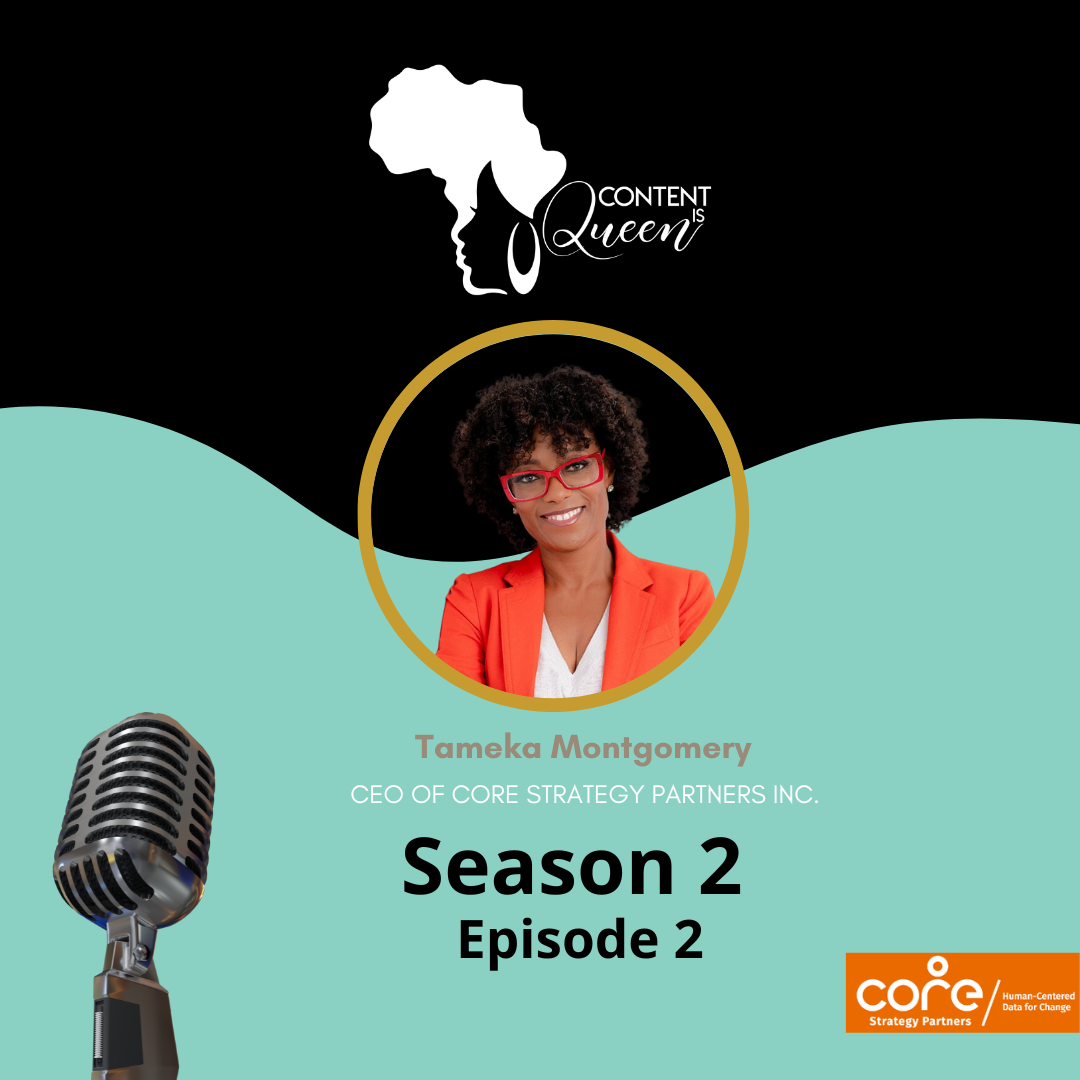Today, a business website is at the heart of all companies due to the rise of digital marketing. Surprisingly though, most business owners only hope that their website will convert.
Let’s face it, website building is somewhat technical, so it’s often outsourced. From the web developers’ perspective, it’s easier to create a template and use it repeatedly.
But what if that template is not conversion-focused or the infrastructure is not the best for digital marketing purposes? That’s calling for trouble.
This topic is underrated, which means your business can make a real difference by having a business website that converts. What do we mean by that?
A converting website refers to a site that precisely brings you predefined outcomes. For example, you want your site visitors to read your “about me” pages, or you want your visitors to submit a contact form.
Most marketers often confuse conversion and a transaction. At its core, a conversion doesn’t equal a transaction. But of course, for an e-commerce store, a transaction is definitely a conversion—a valuable one.
So all transactions are conversions, but not all conversions are monetary.
Now that we laid some background, are you ready to learn more? If so, just read on and start exploring the rules and best practices for a business website bringing you results.
What’s the Secret Sauce Behind a Business Website That Converts?
Developing a website could be challenging not because it’s the most complex task in our service portfolio but because it’s a huge responsibility.
But we have got some news! In our experience, simplicity is superior to complexity when building conversion-focused business websites!
Now let’s take a deeper dive; we are happy to introduce you to some commonalities we have found out over the years. We will break down and explain what we mean by simplicity.
1- Simplicity in Website Design & Architecture
One of the most crucial aspects of a business website is site design and architecture. If you are particularly interested in website design best practices, check out this article from UpWork.
In other words, we want a site that looks sharp but is also technically well structured so that visitors can easily navigate, find what they are looking for and understand your message.
In terms of design, it’s best to have brand consistency first on any business website as it’s your store front. You want visitors to recognize your brand once they are at your site immediately.
Ensure that your home page is loading fast and that all your navigation menus are highly effective for desktop and mobile devices. Also, use proper CTAs for your site visitors to take action.
Another underestimated best practice for websites is the use of white space. Be careful not to fill up your pages to make them look important. Instead, have a lot of white space. This will allow your visitors to focus on your core messages.
Remember, your top-level pages are sales pages, so keep them brief and convincing. Show prospects what you got. Use fewer images, a single top heading per page, and shorter copies. Use your secondary-level pages, such as a blog or knowledge base, for SEO purposes.
2- Focusing On the Main Business Offerings
Believe it or not, most business websites lack main business offerings. We admit it might get tricky to nail this best practice. But somehow, you can balance what you are selling and what people search for.
Let’s take a performance marketing agency that provides services such as; digital advertising, SEO, content writing, social media management, website building, and graphic design.
You can place them under a services menu item. Also, you can spread them out openly for a direct approach. Your prospects can’t guess the rest of your services by looking at your homepage. Therefore, you should include all your main offerings on your site.
Once you add all your services, the next step is to describe the service as simply as possible. Explain what your client is paying for and what benefit they will get.
It’s also often discussed; should you include your prices on your website? In short, if you are selling online, you must have detailed pricing pages. Otherwise, a pricing page is not a must.
Let’s say you are a content writer; you are not selling online but charging your clients per word count. This kind of pricing is easy to understand, so in this case, adding your pricing makes a lot of sense.
3- Importance of Thank You or Success Pages
If you aren’t coming from a technical background, you may not have implemented thank you or success pages to your site yet.
A thank you, or a success page is a page we build specifically to measure the various conversions at a website. You can check out some fantastic thank you page examples here.
Once you have a “/thank-you” page, it’s super simple to measure whether visitors are reaching this page by adding destination goals in Google Analytics or Tag Manager. Using custom conversions, you can also track this action in Facebook ads or other paid social channels.
But why is this important?
Thank you pages are the easiest way to track each marketing channel’s performance. You can’t improve what you can’t measure in digital marketing, so having thank you pages is a best practice for a business website.
If you are looking for an expert marketing agency to deliver a highly converting business website, get in touch with us. At Layla Nielsen & Co, we have helped many businesses develop a business website that converts. We’ll build your brand from the ground up and assist you in growing it.













